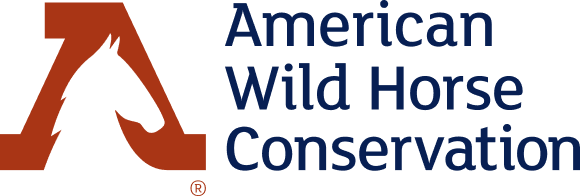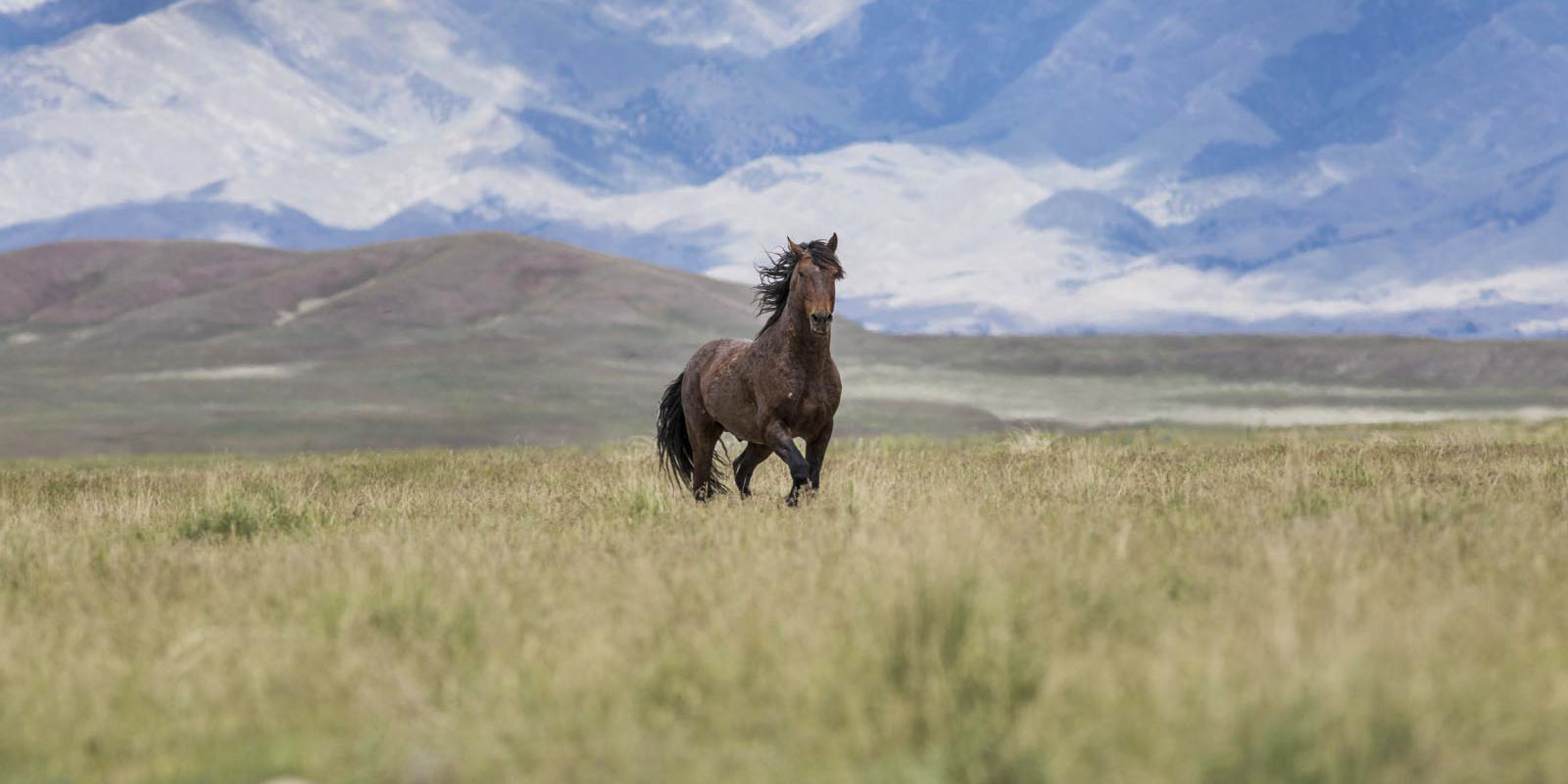Idaho’s Wild Love Preserve is continuing to work with the Challis Herd of wild horses in the US, and as a result the state’s Bureau of Land Management (BLM) will implement a hay bait gather trap rather than a helicopter roundup.
Wild Love Preserve has worked with the horses in the Challis Herd Management Area since 2010, and has been in discussion with the Idaho BLM about the gather since last fall. This bait trap gather is in conjunction with the fourth year of WLP’s annual Native PZP-1YR collaborative management program with the Challis BLM.
“To note, environmental groups focused on sage grouse habitat protections are driving 2017 wild horse removals more so than livestock grazing,” said founder Andrea Maki.
This year will be the first time a large-scale bait trap operation has been attempted with the Challis Herd. Idaho BLM’s goal is to gather 150 horses, remove 50, and treat returning mares with the PZP-22 fertility control vaccine to slow population expansion and maintain herd numbers between 185 and 253. The current population is estimated to be 280 wild horses.
“Wild Love Preserve will be engaged as it concerns humane treatment, wild horse care and well-being during the bait trap gather and process. We will also be prepared to address those Challis wild horses not adopted otherwise, as we did in 2012,” Maki said.
The Challis Herd Management Area encompasses 154,150 acres of public land which is home to numerous bands of the Challis Wild Horse Herd. Past BLM helicopter roundups in 2009 resulted in the capture of 366 Challis wild horses with 155 returned to the range, and in 2012, of the 267 Challis wild horses captured, 150 were permanently removed, leaving about 185 free-roaming and wild.
Wild Love Preserve was present for the 2012 BLM Helicopter Roundup of the Challis Herd and its Adoption Project took on all available Challis wild horses to keep them together and wild on their home turf.
“Wild Love’s interest is in wild horses remaining wild, free and together on their native turf. We have remained diligent in our efforts and successes have come in phases, with much work yet to do, as this is a multi-faceted situation,” Maki said.
This is the fourth year of WLP’s PZP-1YR fertility management program, which has proven successful in slowing population growth, Maki said.
She said Wild Love Preserve Programs had saved taxpayers more than $7.5 million since 2012, and is privately funded by donations and grants.


